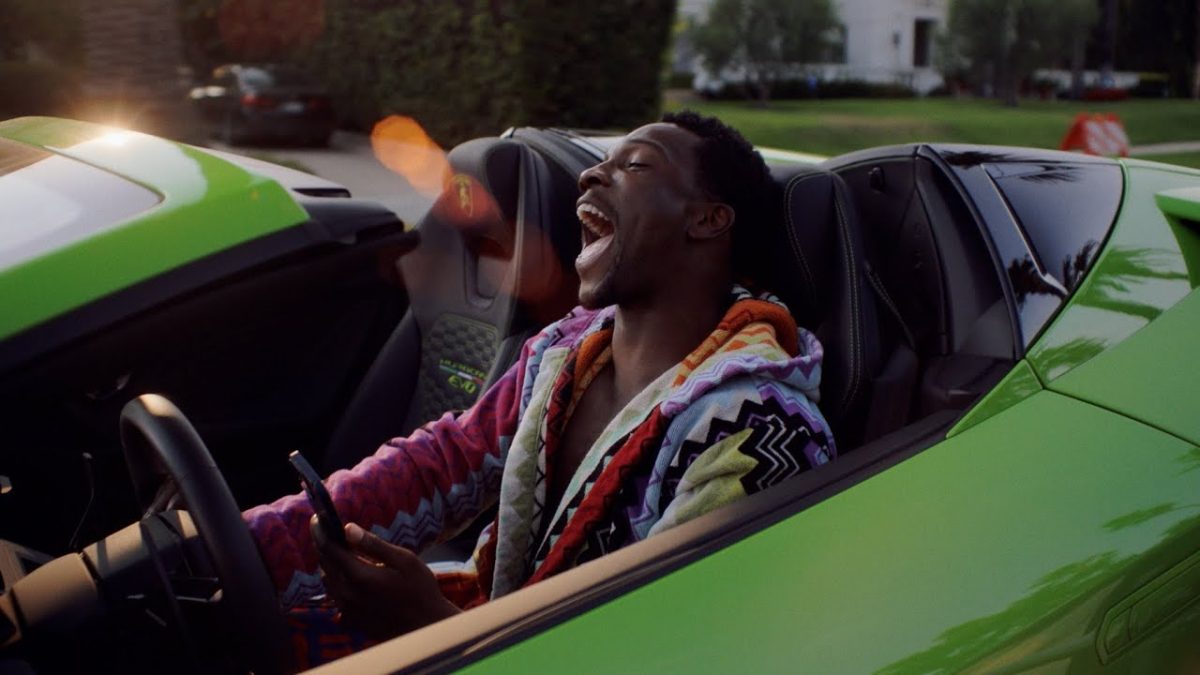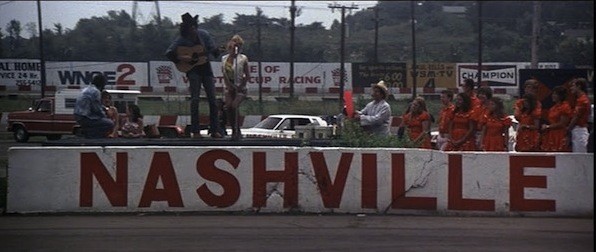Normally, this is the time for the midwinter blues at the multiplex, but 2023 is starting strong, thanks to our robot friend M3GAN. Here’s my full review of this killer flick.
Stepping up to challenge M3GAN is a reboot of the cult 1990 hip hop comedy classic House Party produced by baller supreme, LeBron James. To answer your first question, yes, Kid N’ Play are in it. So are Snoop Dogg, Lil Wayne, and a whole house full of celebrities who show up when cleaners Kevin (Jacob Latimore) and Damon (Tosin Cole) hijack King James’ crib for an epic throwdown.
Gerald Butler is Brodie, a pilot who crash lands in the Philippines with a full load of passengers in Plane. He soon discovers that the jungle is ruled by a feral, anti-government militia who takes his survivors hostage, hoping to get big ransoms from their families. Bodie must enlist a convicted murderer (Luke Cage’s Mike Colter) who was being extradited on his plane to help rescue the passengers. Beatings ensue.
In Puss In Boots: The Last Wish, the cutlass-armed kitty cat from Shrek returns with Antonio Banderas in the lead voice role as a swashbuckler on a mission to restore eight of his nine lives. But Florence Pugh as Goldilocks, the leader of the Three Bears crime family, wants the Wishing Star, too. The DreamWorks film was nominated for a Best Animated Feature Golden Globe.
Never bet against James Cameron, they say. And they’re right! Avatar: The Way of Water recently topped Top Gun: Maverick as 2022’s biggest box office draw, and it’s quickly closing in on the $2 billion mark. It helps that there’s actually a decent story to go with the next-level visual effects. If you’re going to see this one, make sure it’s the IMAX 3D version, and go soon!
At Black Lodge on Sunday is a triple feature of 90’s comedy, including Amy Heckerling’s 1995 classic Clueless. Like, duh!
On Thursday, Jan. 19, the Crosstown Arts film series presents Robert Altman’s 3 Women. The director’s follow-up to his seminal improv comedy Nashville is based on a vivid dream Altman had. Starring Shelly Duvall in her greatest role, and the legend Sissy Spacek before she was legendary, the mostly scriptless film owes some of its psychological complexity to the third woman, Janice Rule, who had just completed her PhD, and went on to retire from acting and become a practicing psychiatrist in Hollywood.
See you at the movies!


